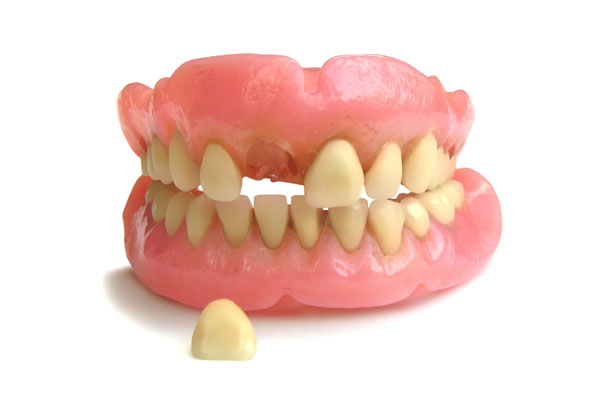Wisdom Tooth Removal To Relieve Pain

When one is experiencing pain in the back of the mouth, it may be due to an impacted wisdom tooth. Wisdom teeth can cause discomfort when starting to break through the gums. These teeth are located at the back of the jaw, and they may try to come in when there is no more room. This can cause them to get stuck when beginning to erupt. In most cases, wisdom teeth removal can eliminate pain and further problems.
Wisdom tooth pain
According to the Mayo Clinic, most people with wisdom teeth issues will likely notice pain starting in the late teens or early 20s.
Symptoms
Some symptoms that may indicate the wisdom teeth need to be removed are jaw pain, swelling and bleeding in the gums. Over time, the jaw pain can radiate and cause headaches. Gums may be tender and it may be difficult to open and close the mouth.
Reasons for pain
There are several reasons why wisdom teeth may cause pain. The tooth may not be emerging at the right angle, which can cause the tooth to become impacted. This means it cannot come in all the way, which can cause pain.
Some people do not have a jaw large enough for the wisdom teeth to come in properly. This can be detected with an X-ray, and if identified early, the teeth can be removed before problems occur.
Dentist appointment
When there is pain in the teeth or jaw, a dentist appointment should be made. This will help get a proper diagnosis and will determine if one or more of the wisdom teeth need to be removed. If removal is necessary, then the dentist will likely make a referral to an oral surgeon.
Wisdom tooth removal
Thankfully, getting wisdom teeth removed is a relatively simple process, and it typically only takes a few days of recovery.
Surgery
The surgery will likely take place in an oral surgeon’s office. The operation will typically take less than an hour. If the gums need to be cut open to remove the teeth, dissolvable stitches can be put in, which means a follow-up visit will typically not be required.
Surgery recovery
Once the patient is sent home, gauze should be changed as needed. Staying hydrated is important, but patients should not use a straw for a few days. A soft foods diet should be encouraged for the first few days. Taking it easy for a day or two is recommended so that complications during recovery do not occur.
Patients should avoid smoking during recovery. For the first few days, there may be discomfort that can be treated with over-the-counter painkillers or a prescription from the dentist. With care, painful conditions such as dry socket can be avoided.
Conclusion
Wisdom tooth pain is a common problem for people in the late teens to early 20s. Wisdom teeth removal can help relieve the pain. It is an outpatient procedure, and recovery generally only takes a few days.
Request an appointment here: https://www.newyorkdentaloffice.com or call New York Dental Office at (212) 548-3261 for an appointment in our New York office.
Check out what others are saying about our services on Yelp: Read our Yelp reviews.
Recent Posts
A restorative dentist can help transform dental health and restore confidence in your smile. These dental professionals address a variety of dental issues, from missing teeth to damaged enamel. The goal of restorative dentistry is to improve both the function and appearance of your teeth, allowing you to achieve better oral health and renew your…
The purpose of dental restorations is to replace permanent teeth that are lost. This can happen because of trauma to the tooth that renders it irreparable or decay that is so extensive that it requires extraction. There are several restoration options for replacing a missing tooth. Some are removable while others are permanently fixed in…
Dental inlays and crowns are two common restorative options for repairing damaged or decayed teeth. While both restore the tooth's functionality and appearance, they have different purposes and address different dental conditions. Both options are custom-made and provide durable solutions for restoring oral health and enhancing your smile. Understanding the differences between dental inlays and…
Restorative dentistry refers to any type of dental procedure that a dentist performs to restore a damaged or missing tooth. Dental restorations can encompass several procedures that vary in terms of invasiveness, complexity, and what they can accomplish. However, the overreaching goal of all restorative procedures is to improve the health, function, and appearance of…



